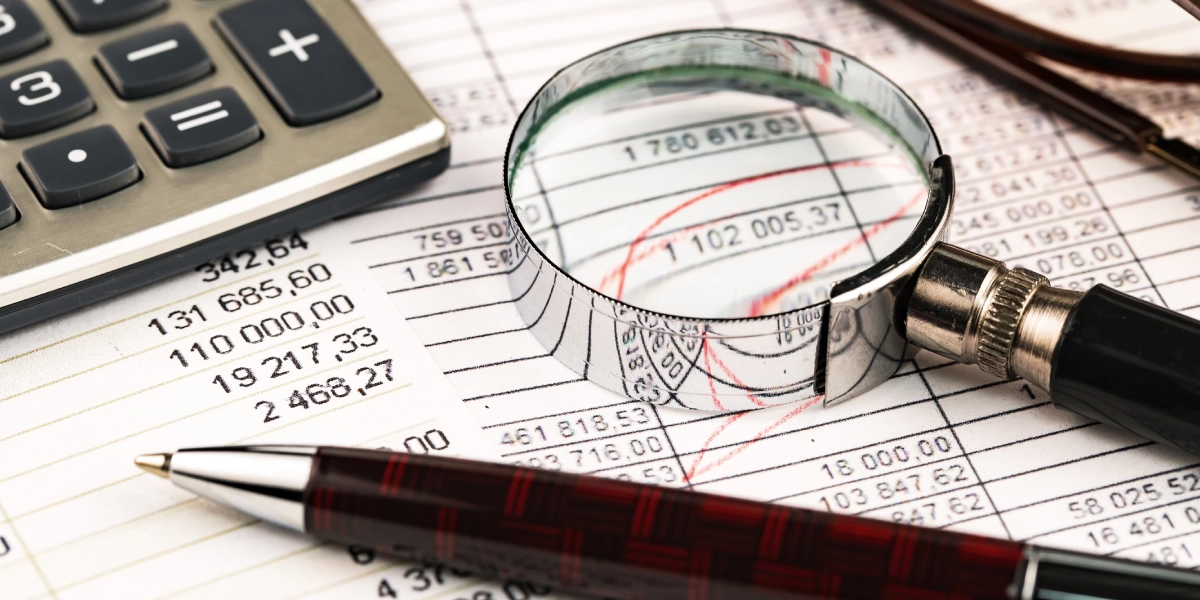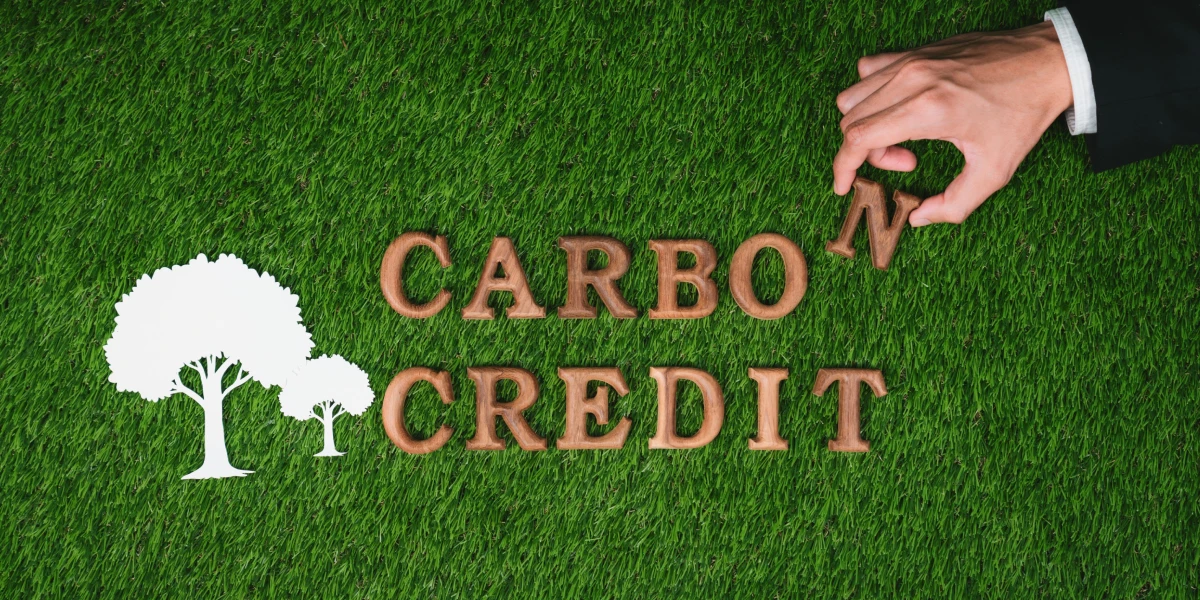-
CALL US 0203 883 4777
How Does The VAT Cycle Work?

Value Added Tax (VAT) applies to goods and services at every stage of production and distribution. This guide explains the VAT cycle, showcasing practical examples to highlight how businesses charge VAT on sales and reclaim it on purchases. By mastering this process, businesses can improve compliance and efficiency.
The VAT Cycle
The VAT cycle encompasses essential steps, from purchasing raw materials to selling to the end consumer. Each stage demonstrates how VAT operates and how businesses manage it.
Purchase of Raw Materials
- Example: A furniture manufacturer buys wood and fabric from suppliers.
- VAT Charged: Suppliers apply 20% VAT to the £1,000 purchase, totaling £1,200 (£1,000 + £200 VAT).
- VAT Input Claim: The manufacturer claims £200 VAT as input tax.
Production Process
- The manufacturer transforms the raw materials into furniture.
- VAT During Production: No VAT is added during production, but the product’s value increases.
Sale of Finished Goods
- Example: The manufacturer sells the furniture to a retailer for £2,000.
- VAT Charged: VAT at 20% adds £400, making the total invoice £2,400.
- VAT Output: The £400 VAT becomes output tax for the manufacturer.
Claiming VAT Back
- VAT Return: The manufacturer submits a VAT return to HMRC.
- Input vs Output Tax: The manufacturer offsets £200 input VAT against £400 output VAT and remits £200 to HMRC.
Retail Sale to Consumers
- Example: The retailer sells the furniture to a customer for £3,000.
- VAT Charged: VAT at 20% adds £600, increasing the total to £3,600.
- VAT Output: The retailer collects £600 as output tax.
Retailer’s VAT Return
- VAT Claim: The retailer claims back £400 input VAT paid to the manufacturer.
- VAT Remittance: After offsetting, the retailer pays £200 (£600 – £400) to HMRC.
Key Steps in VAT Management
VAT Registration
Businesses must register for VAT when their taxable turnover exceeds HMRC’s threshold. Registration enables businesses to charge VAT on sales and reclaim it on purchases.
Invoicing
Businesses issue VAT invoices detailing VAT amounts for taxable sales. Accurate invoicing ensures proper record-keeping and compliance.
VAT Returns
Businesses file VAT returns quarterly, outlining input and output VAT. The net VAT amount is either paid to or reclaimed from HMRC.
Practical Examples of VAT in Different Industries
To further illustrate the VAT cycle, let’s consider examples from various industries:
Manufacturing Industry
- Purchase: A car manufacturer buys steel and other components for £50,000, plus £10,000 VAT.
- Sale: The finished car is then sold to a dealership for £100,000, plus £20,000 VAT.
- VAT Reclaim: The manufacturer can reclaim the £10,000 VAT on the components. Consequently, they must pay HMRC the remaining £10,000 (£20,000 – £10,000).
Service Industry
- Charge to Client: A consulting firm charges a client £5,000 for services rendered, plus £1,000 VAT.
- Expenses: The firm’s expenses include office rent and supplies, totalling £2,000, plus £400 VAT.
- VAT Reclaim and Payment: The firm can reclaim the £400 VAT paid on expenses. Consequently, they must pay HMRC the remaining £600 (£1,000 – £400).
Retail Industry
- Inventory Purchase: A clothing store buys inventory for £10,000 plus £2,000 VAT.
- Sale: The store then sells the clothing for £20,000, plus £4,000 VAT.
- VAT Reclaim and Payment: The store can reclaim the £2,000 VAT paid on inventory. As a result, they must pay the remaining £2,000 (£4,000 – £2,000) to HMRC
Challenges in VAT Management
- Cash Flow: VAT payments affect cash flow, requiring businesses to allocate funds effectively.
- Record Keeping: Accurate VAT records ensure compliance and streamline audits.
- Regulatory Changes: Frequent updates to VAT rules require businesses to stay informed.
- International Transactions: Cross-border VAT adds complexity to compliance.
- Partial Exemption: Businesses with mixed supplies face additional VAT calculation challenges.
Best Practices for VAT Management
- Use Accounting Software: Automating VAT calculations reduces errors and saves time.
- Regular Reviews: Auditing VAT records ensures accuracy and identifies issues early.
- Staff Training: Training employees on VAT processes improves consistency.
- Seek Professional Advice: Tax specialists provide guidance for complex VAT scenarios.
- Plan for VAT Payments: Budgeting for VAT payments prevents cash flow issues.
Conclusion
Understanding the VAT cycle empowers businesses to comply with regulations and manage VAT efficiently. From raw material purchases to consumer sales, effective VAT management ensures smooth operations and financial stability. Apex Accountants simplifies this process with VAT registration assistance, compliance support, and return submissions. Partner with us to handle your VAT needs, so you can focus on growing your business.
Recent Posts

Tailored Tax Planning for Entertainment Agencies and Production Companies
The UK entertainment industry is fast-paced and financially complex. From film and theatre to digital media and music, every project...
Preparing Annual Accounts For Consultancy Businesses Ahead of 2026 Reforms
Annual accounts for consultancy businesses in 2026 are set to change significantly. New rules from Companies House, HMRC and the...
Employee Share Plans for Consultancy Businesses: A Strategic Blueprint
In a consultancy business, success depends on people. Retaining skilled consultants, rewarding contribution, and encouraging long-term commitment are vital for...
How Artificial Intelligence in Accounting and Tax Is Changing UK Finance
The financial sector is undergoing rapid transformation. Artificial intelligence (AI), blockchain (distributed ledger technology, or DLT), and quantum computing are...

HMRC Tax Investigations for Entertainment Sector: Key Triggers and Prevention Tips
The UK entertainment industry spans film, music, theatre, and digital media — each with complex income streams, licensing rights, and...

How Outsourced Accounting for Entertainment Companies Is Changing the Industry
The UK entertainment industry covers film, television, theatre, music, and digital media. It is creative but financially unpredictable. In 2024,...
Understanding Tax Relief for Museums and Cultural Organisations
Museums and galleries remain central to the UK’s cultural life, yet many operate with tight budgets and unpredictable funding. Tax...
Comprehensive Accounting for Museums to Strengthen Governance and Compliance
Running a museum involves more than curating exhibitions — it requires disciplined financial oversight and strict compliance with charity regulations....
Tailored Accounting and Bookkeeping for Art Restoration Businesses
Art restorers and conservation studios preserve heritage while managing the pressures of running a business. Balancing artistry with administration is...

Tax Treatment of Carbon Credits for Sustainable Agriculture: Income or Capital in 2026?
The UK government’s goal of reaching net-zero by 2050 has sped up the growth of both compliance and voluntary carbon...
